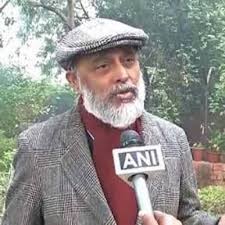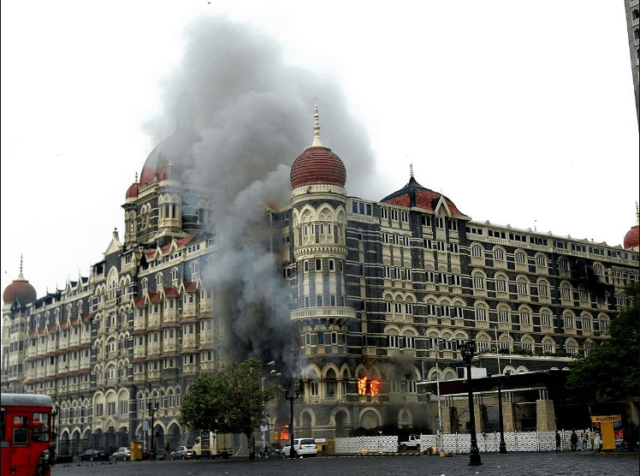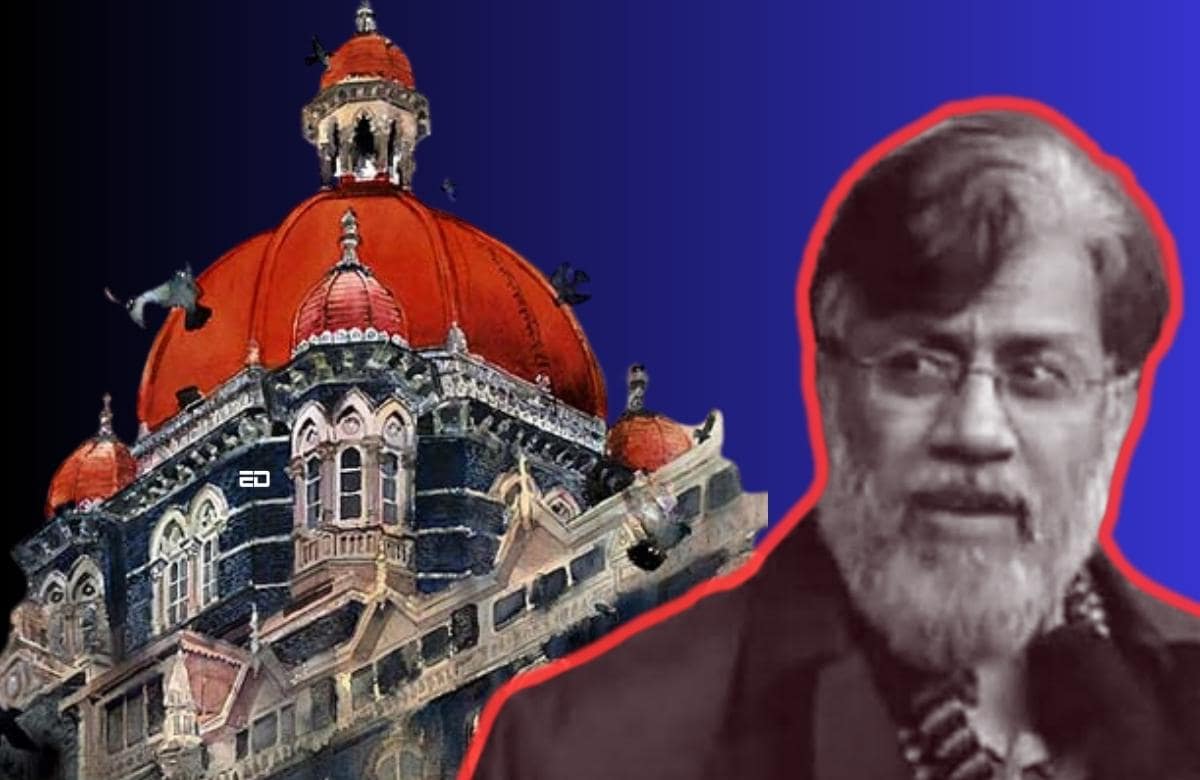Tahawwur Rana, a Canadian citizen of Pakistani descent who is wanted in India on allegations related to his participation in the 2008 Mumbai terror attacks on November 26, and who is thought to be connected to David Headley, has had his extradition request granted by a US court.
India requested the 62-year-old Rana’s preliminary arrest on June 10, 2020, in order to extradite him. According to a PTI news report, the Biden administration backed and gave the go-ahead for Rana’s extradition to India. Rana was detained in the US after India requested his extradition for his involvement in the Mumbai massacre.
As this development comes, it is vital to delve into who Rana is and what he did in the terrifying 26/11 Mumbai Attacks.
Who is Tahawwur Rana?
Headley and Rana have a strong relationship. Headley, a US citizen born to a Pakistani father and an American mother, was apprehended by US authorities in October 2009 and given a 35-year prison term for his role in the Mumbai attacks.

Headley spent five years in the Pakistani Hasan Abdal Cadet School where Rana studied. Rana migrated to Canada after working as a doctor for the Pakistani Army. She finally received Canadian citizenship.
Rana’s Role In 26/11 Attacks
In the city of Chicago, Illinois, USA, Rana later founded a consulting company named First World Immigration Services. The Mumbai location of this company gave Headley the ideal cover to locate and monitor potential targets for the Pakistani terrorist organisation Lashkar-e-Taiba (LeT).

The US government’s attorneys contended in court that Rana knew Headley was connected to the LeT and that by helping him and providing him with a cover for his actions, he was supporting the terrorist group and its allies.
In the 26/11 assaults, which took place on November 26, 2008, ten LeT terrorists assaulted the nation’s financial centre, and Mumbai was terrorized for three days in a row. Attacks were made on well-known sites including the Taj hotel and the Chhatrapati Shivaji Terminus train station. 166 individuals, including foreigners, were killed in the violence.
Also Read: Back In Time: How Civilians Were Gunned Down At Mumbai’s Taj Hotel On 26/11
He was found guilty in Chicago in 2011 of giving the LeT financial assistance for the attack on India and of backing a never-implemented plot to attack the Danish newspaper Jyllands-Posten for publishing cartoons of the Prophet Muhammad in 2005.
Rana was exonerated in the US by a jury on a more serious charge of aiding the Mumbai attacks.
Rana was sentenced to 14 years in prison, followed by five years of supervised release, thanks to Headley’s evidence as a government witness at her trial in Chicago. Headley agreed to a plea deal with the prosecution in 2013 in exchange for a 35-year sentence reduction, while Rana did not.
According to a US document, Headley had been given the go-ahead by Lashkar to visit India and carry out surveillance in late 2005. According to the paper, Headley and two other Lashkar members considered building an immigration office in Mumbai as a front for their actions in early 2006.
According to US investigators, after Headley told Rana of the assignment, they agreed to utilise Rana’s First World Office as a front. Rana also supported Headley financially, giving him payments of Rs 67,605, $500, Rs 17,636 a short while afterwards, and Rs 1,000 in December 2006.
Why Does India Want Him?
Soon after being released from jail on medical grounds in June 2020, Rana was re-arrested in Los Angeles on an extradition request by India for his involvement in the Mumbai terror attacks.
The Biden administration, however, maintained that the extradition request submitted by Indians contains all essential evidence on each of the criminal counts for which India seeks Rana’s extradition in a submission before the US District Court, Central District of California in Los Angeles.
According to the arguments made in court by the Biden administration, Tahawwur Rana defrauded the Indian government by forging documents and submitting them, according to the evidence offered by India.
India and the US have an extradition agreement. Extradition is not permitted if the requested extradition is for a political offense, according to the US-India treaty.
Rana is being investigated by the US for the following offenses for which India has issued an arrest warrant: (a) conspiring to carry out terrorist acts, conduct war, commit murder, falsify documents or electronic records in order to defraud, and commit forgery. The US judge listed the following offenses: (b) waging war, (d) murder, (e) performing a terrorist act, and (f) conspiring to commit a terrorist act.
Image Credits: Google Images
Feature image designed by Saudamini Seth
Sources: Firstpost, Indian Express, NDTV
Find the blogger: Palak Dogra
This post is tagged under: 26/11 attack, tahawwur rana, mumbai terror attacks,mumbai attack mahawwur rana, 26/11 mumbai attack, 26/11 attacks, mumbai attack, 26/11 mumbai attacks, tahawwur hussain rana, tahawwur rana extradition, tahawwur rana extradite, 26/11 attack accused, 26/11 mumbai terror attack
Disclaimer: We do not hold any right, copyright over any of the images used, these have been taken from Google. In case of credits or removal, the owner may kindly mail us.































